Daily life has developed in such a way that one is finding oneself in stressful situations that are threatening to one’s health. The causes can be many and also vary, and sometimes complicated as well. Hereunder we will mention some of these causes.
When you feel unaccepted - One of the most common causes is when one feels unaccepted. This applies to spouses, children, neighbours, relatives, friends and all kinds of relationships, which in order to continue growing and flourishing after their beginning, require constant attention. Today's fast-paced life can lead to not finding enough time for others close to us.
When you overwhelm yourself in an exaggerated way - Some people overdo it in certain routines or lifestyles. One may lose all sense of balance in his life plan with long and exaggerated hours of work that often result in insomnia and lack of rest.
Children are under heavy pressure as regards to studying as if their development depends only on long hours of study and the number of private lessons they attend. Women also oppress themselves when they go on certain diets to maintain their figure. It is very harmful when one goes on a strict diet without the advice and supervision of a doctor specializing in healthy diets.
When you feel you cannot keep up or cope - Sometimes we fall into our own trap when we ask too much of ourselves or when we aim for something bigger than we can ever bear or carry. It happens that one forces oneself to catch up and so as not to be left behind. Since perhaps the goal is too great, after some time one begins to feel frustrated and incapable.
Lack of self-care - Some people will never get fed up, never stop and are not aware that happiness it is not how much you work and strive, but how one uses one’s abilities that would have worked well to be happy and relaxed. Working hard to make money in the short term is stressful and leads to a lack of attention to personal health. What is the use of money and material possessions when one self-inflicts illnesses?
Lack of proper communication - One needs to communicate constantly with others. Moreover, when one speaks to others, one finds this as relieving of tension and thoughts that are burdening one’s mind and spirit.
When you think of controlling others - Some people think that nothing happens without their input or that everyone is of lesser intelligence. They think they know everything and want to know everything. While people like these do a lot of harm around them, they themselves become victims of stress when they realize, with great disappointment, that it is really impossible to control everyone and everything that happens around them.
Loveless sex - When sex is not or is no longer a tender expression of love then every sexual act becomes mechanical and is often another way of violence or manipulation of others. This creates tension in the person who is feeling used during the moment.
Work not properly catered for the employee - Another cause of tension and stress is work. If the work is not dear to the heart of the employee, then work becomes physical punishment and mental stress. Because work consist of regular and routine tasks, great harm can be done to the employee when work does not match the particular expectations and abilities of the individual.
These and similar situations, create stress and impatience towards those around us, especially on family members. Therefore, in our fast-paced daily routine, we should not allow stress to get the best of us but we should get used to:
- planning well the time needed when handling situations
- keeping a balance between work and leisure
- self-respect and self-love and others
- reasoning out intelligently while being aware of our own emotions and those of others
- not taking ourselves too seriously but looking at ourselves with a sense of humour
- checking that our children in school will be assessed with an aptitude test to help them become aware of their skills and abilities to help them decide which employment suits their skills and abilities
- urging our children to follow our pursuit of good values
- discipline does not mean force - working or acting against the will of the individual is worse than slavery, and certainly causes stress
Being careless can be very dangerous and can become one’s norm in attitude and expression. Therefore, we must be aware of the cause that is causing us stress. Several natural remedies can help relieve stress:
- Time in the countryside or near the sea helps us to relax
- If overwork is the cause of stress, it is good to ask someone to help us
- We do not overload ourselves with work that we will not be able to keep up with
- We practice regular rest
When you feel very angry, talk to someone you know who can understand you and whom you trust before you act out of anger. When you find yourself in a situation where you have no control over yourself, search for peace within yourself.
If we are not able to reduce stress on our own, we should seek the help of a psychologist or the family doctor.






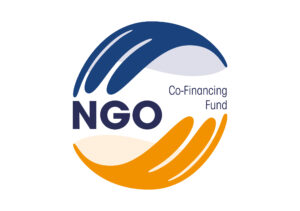
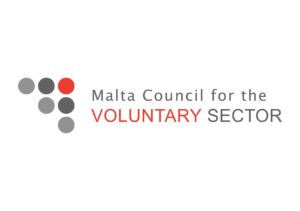
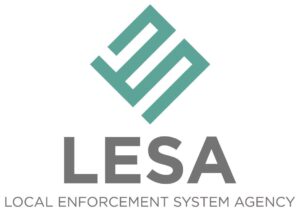
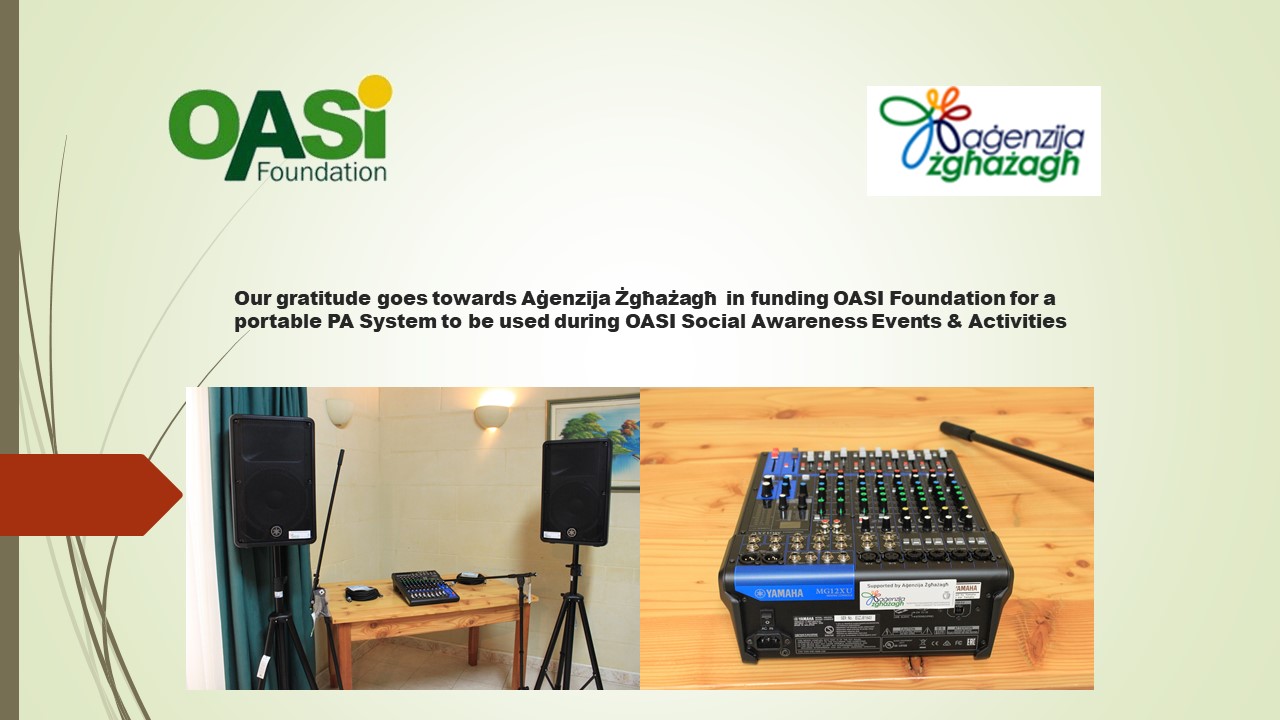
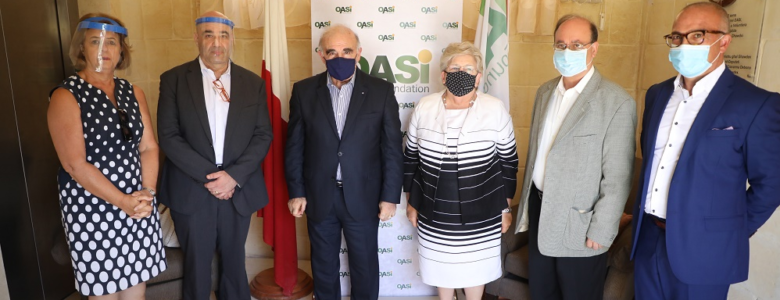
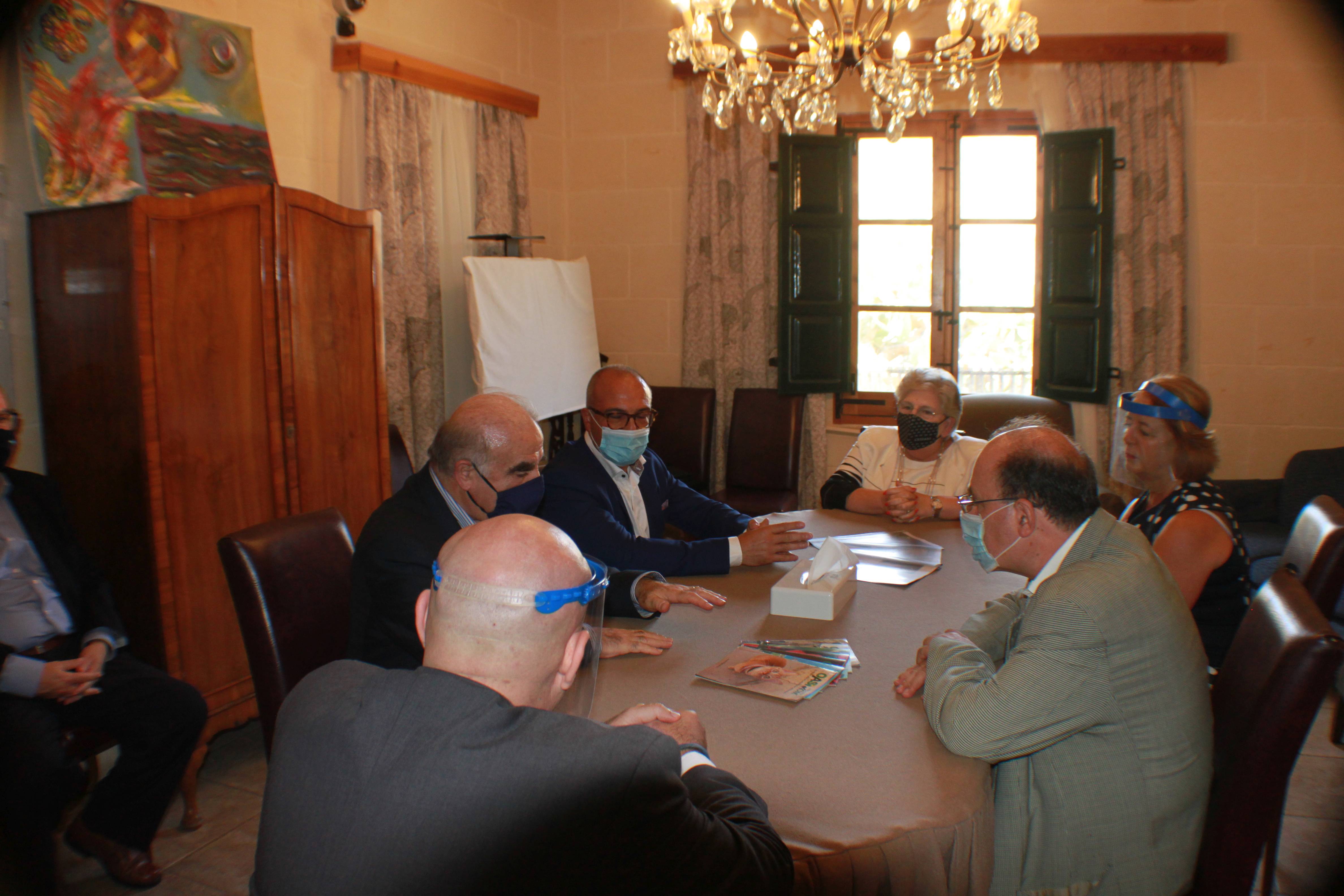
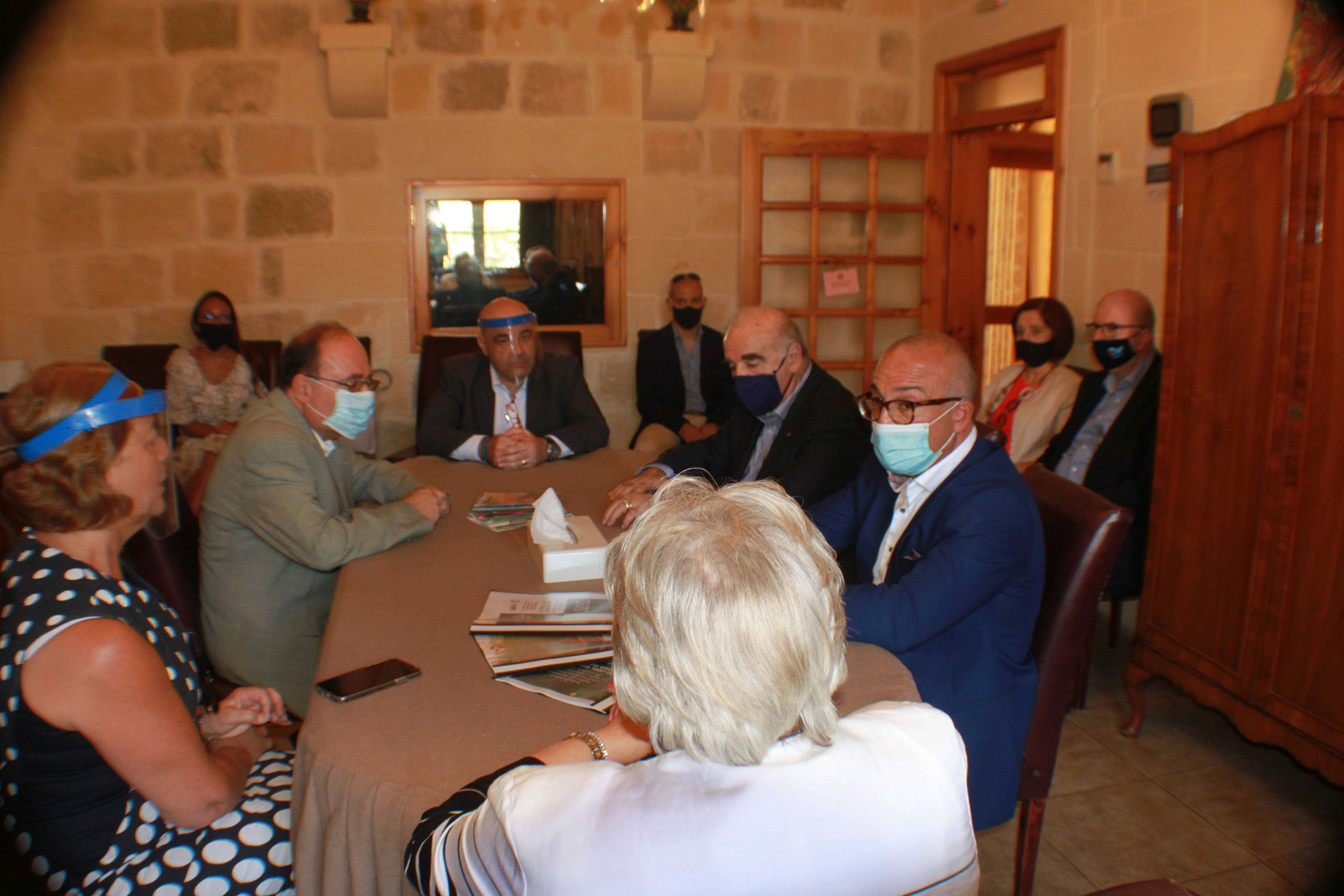
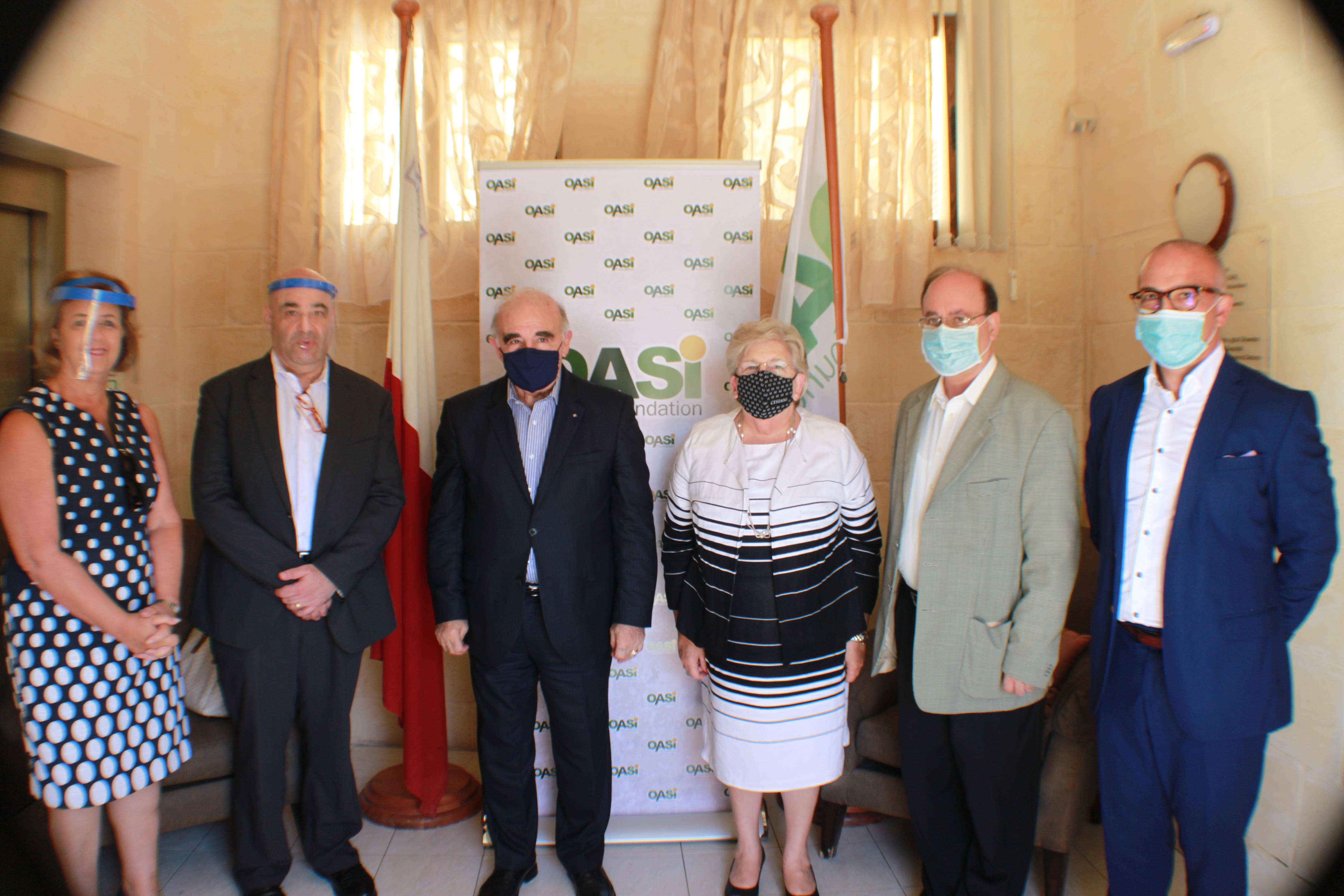



 The OASI Foundation would like to thank the Malta Football Association for their kind donation through the Football for Life initiative.
The OASI Foundation would like to thank the Malta Football Association for their kind donation through the Football for Life initiative. 
